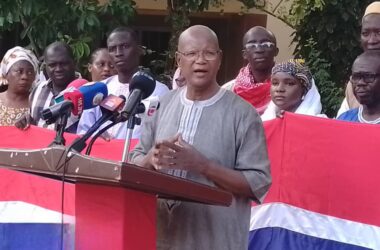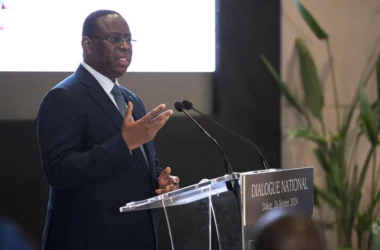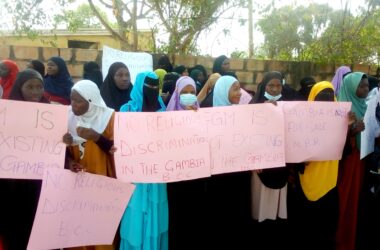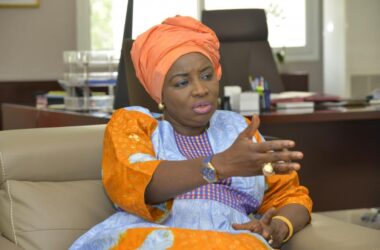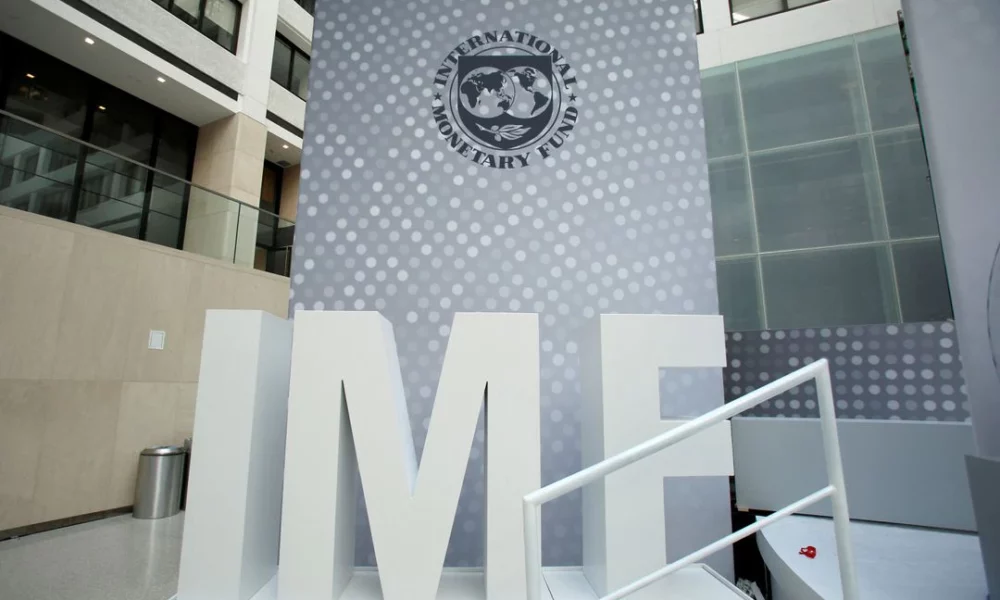IMF’s acting board chair Mr. Bo Li said recently that the Gambia’s economic recovery and tax collection are “weaker than anticipated while inflationary pressures and foreign exchange shortages are intensifying”.
According to Mr. Li, this situation has been engendered by the ramifications of Russia’s invasion of Ukraine, the Covid-19 hangover and the last July destructive flooding in The Gambia.
Despite acknowledging that the Central Bank of The Gambia (CBG) is “tightening the monetary policy stance to tackle inflation”, IMF’s acting executive board chair said:”It would be paramount to allow smooth functioning of the foreign exchange market and ensure that the exchange rate reflect market forces, which would help restore equilibrium”.
“Fiscal policy aims at alleviating the impact of the high global fuel and food prices on the population while safeguarding debt sustainability. To keep public debt on a downward path, it would be important to bolster domestic revenue mobilization, streamline tax exemptions, rationalize subsidies to SOEs, strengthen cash management, and further prioritize public investment projects,”he recommended.
Mr. Li recently issued a statement shortly after the IMF executive board completed the fifth review under the Extended Credit Facility (ECF) arrangement for The Gambia.
The review allows the immediate disbursement of about US$27.41 million, to help plug the Gambia’s balance-of-payments and fiscal financing needs amid challenges, including the repercussions of the war in Ukraine and lingering impact of the COVID-19 pandemic.
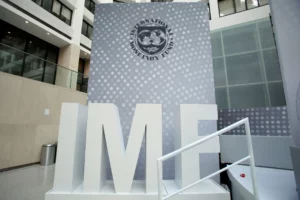
“In view of lingering vulnerabilities, including anticipated increases in debt service obligations at the expiry of the debt service rescheduling period, it would be important to maintain sufficient fiscal and external buffers,” IMF acting further recommended.
“To this end, it would be advisable to contain domestic borrowing, strictly adhere to the external borrowing plan, and seek grants and highly concessional loans,” Mr. Li advised.
The IMF board chair also encouraged authorities to further consolidate the business environment to propel private sector-led growth and lessen poverty.


